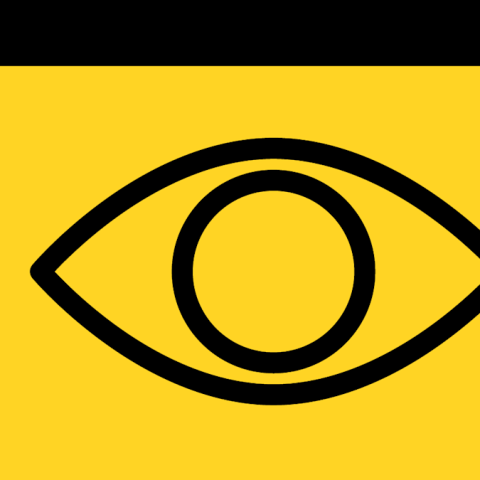Mary Kuhn found herself in a frightening situation when she rushed to the emergency room thinking she was having a heart attack. Instead, doctors discovered a serious problem: a massive hiatal hernia. This condition pushed her stomach into her chest and twisted her esophagus. If left untreated, it could have been fatal.
As she sought help, Mary faced an all-too-common issue known as a “ghost network.” This term describes the deluge of providers listed by health insurers that don’t actually accept their insurance. In California, many patients experience this frustrating problem, where about a third of contact information for in-network providers is often outdated or incorrect.
“We’ve been hearing from consumers about the difficulties in finding a provider for years,” said Katie Van Deynze from Health Access California, a consumer advocacy group. She pointed out that while patients struggle to find care, insurance companies and healthcare providers often blame each other for these inaccuracies.
Mary’s struggle didn’t end when she found a surgeon listed in Blue Shield’s online directory. After scheduling her surgery, she received a denial letter saying the surgeon was out of network, despite being listed as in-network. “I thought it was a mistake,” she recalled.
Blue Shield claimed it rigorously checks its directory. Mark Seelig, a spokesperson, mentioned that providers must verify their details every 90 days. However, even after a year, Mary found her surgeon still listed incorrectly. This kind of error can delay urgent treatment and worsen medical conditions.
Efforts to fix these issues have been ongoing for over a decade, but systemic challenges remain. Assembly Majority Leader Cecilia Aguiar-Curry highlighted the significant error rates in insurer directories during a recent legislative session. The state agency responsible for overseeing health plans has issued minimal penalties, failing to create strong incentives for change.
Recent data indicates that ghost networks and inaccurate listings aren’t unique to California. A nationwide survey showed that many patients find Google searches to be more reliable than health insurance directories. One study from 2019 found that up to 32% of listings were incorrect for certain specialties.
Desperate for resolution, Mary appealed her case and eventually received approval for her surgery after a thorough review deemed her condition severe. She feared the delay might cost her life, noting that she experienced worsening symptoms as time passed.
Mary’s story reflects a wider pattern where patients face extensive hurdles in navigating the healthcare system. Many consumers aren’t aware they can report inaccuracies, and even those who do may feel overwhelmed.
“Everything is so confusing from a patient’s perspective,” Mary said. “The provider directory is supposed to help, but when it’s not managed well, it just adds to the stress of getting care.”
Once Mary finally had her surgery, her health improved dramatically. She returned to enjoying life, grateful for the support she received along the way. “I knew my life depended on not giving up,” she said. Her experience sheds light on the urgent need for healthcare reform, especially in how patients access and receive care.
For more information on healthcare provider directories, you can read the U.S. Department of Health and Human Services report.
Source link
Insurance





















